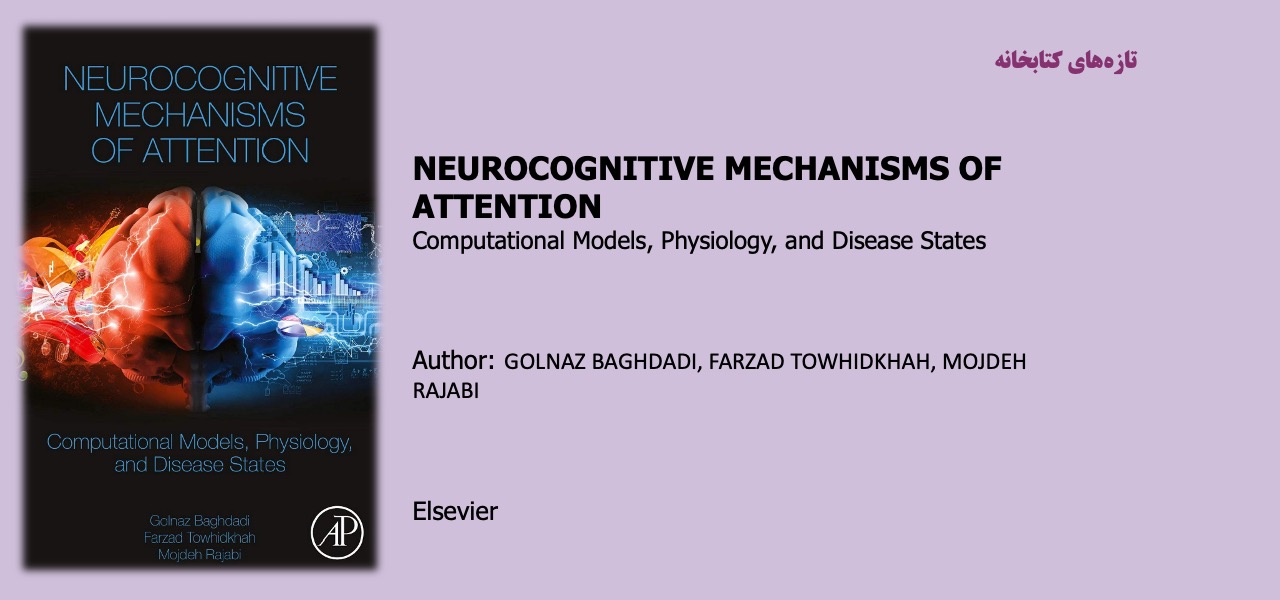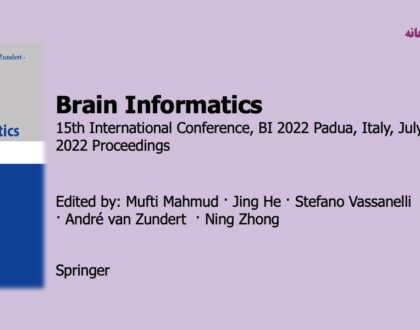NEUROCOGNITIVE MECHANISMS OF ATTENTION

The attention control system is one of the most complicated neurocognitive mechanisms. It plays a vital role in different functions, such as perception, memory, learning, feeling, recognition, or motor control. The attention control system is involved in optimizing neurocognitive resources to incoming internal and external stimuli. In different situations, resource allocation is performed in different ways, which leads to the formation of various types of attention. Any deficits in the components involved in the attention control system’s function can lead to inattentive symptoms and can negatively influence personal or social life. Therefore, finding out more knowledge about this system and the ways to prevent any of its failures seems essential.
Due to the role and importance of attention in various issues, recently in addition to fields related to cognitive neuroscience, researchers in various sciences, such as biomedical engineering, computer engineering, mechatronics, aerospace engineering, civil engineering, architecture, urban planning, economics, philosophy, politics, industrial design, and management, are also attracted to the study of the attention system. In these areas, the attention control system’s functional features are used to reduce the risk of negligence, design humanoid robots, optimize urban environments, enhance management systems, boost advertising tools, and increase marketing efficiency and other related items.
مطالب مرتبط

Your Brain at Work
۱۴ / فروردین / ۱۴۰۲

Brain Informatics
۱۴ / فروردین / ۱۴۰۲

اصول اخلاقی برنامههای توانبخشی شناختی انسان
۱۴ / فروردین / ۱۴۰۲

